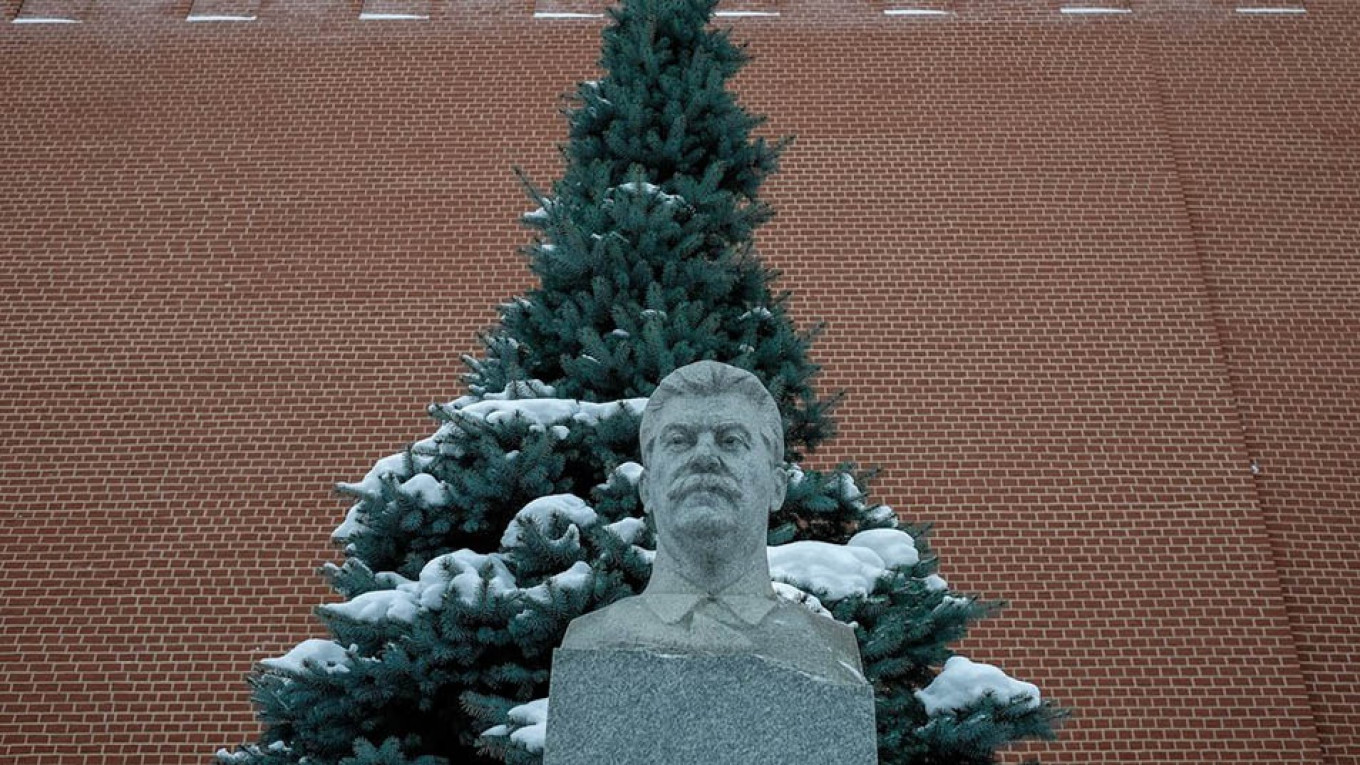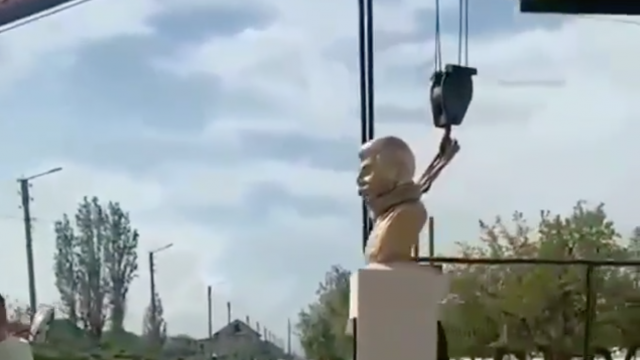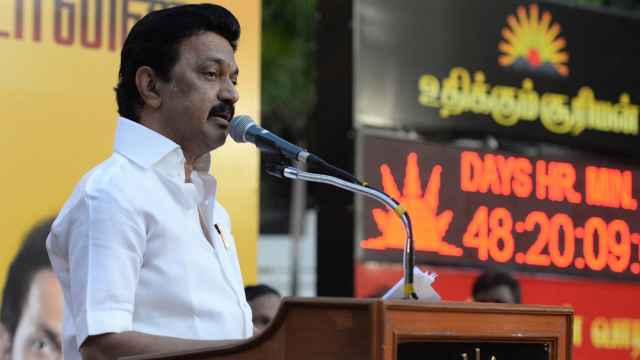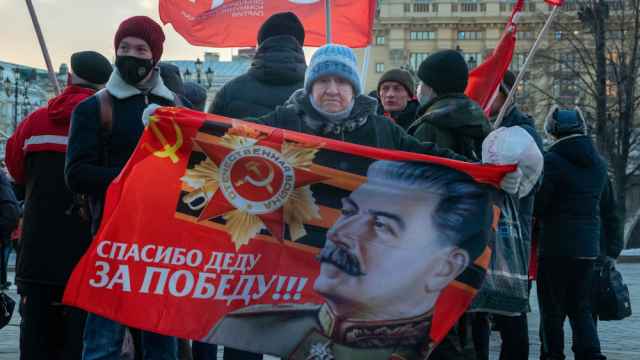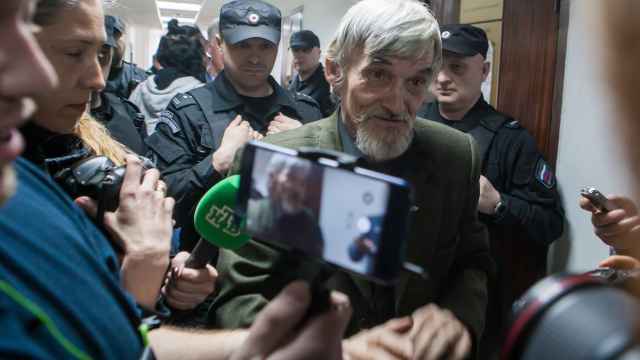A new Stalin statue will be erected in Russia’s third-largest city of Novosibirsk next spring as the legacy of the Soviet dictator continues to divide society.
Contemporary attitudes are split in Russia toward the historical role of Stalin, who is responsible for the deaths and suffering of millions of Soviet citizens during his rule from 1924 until his death in 1953. Polls show Russians view him as a “remarkable” figure and the younger population is unaware of Stalin-era purges, while President Vladimir Putin has dismissed attacks on Stalin as a ploy to demonize Russia.
A Novosibirsk action group voted Saturday to install a Stalin bust at the Communist party regional committee’s headquarters, its leader Alexei Denisyuk told Russia’s Komsomolskaya Pravda tabloid.
“We propose placing the monument in a parking lot,” he was quoted as saying.
The initiative group has required the party to shoulder the installation and repair costs of the monument, according to the state-run RIA Novosti news agency.
Denisyuk has lobbied to install the monument in a public place since the election of a communist mayor in the city in April 2014.
Denisyuk’s initiative group held a vote weeks after users supported the idea online, but the Novosibirsk art council argued on Nov. 9 that it would provoke acts of vandalism from opponents.
“In connection with city hall’s refusal to agree on the placement of the Stalin monument on public land, we accept the Communist party regional committee’s offer to install the monument on its private territory,” RIA quotes a representative of the action group as saying.
The heated debate over the Stalin monument has spilled over into the streets, where locals discovered snow sculptures depicting Stalin’s bust.
A Message from The Moscow Times:
Dear readers,
We are facing unprecedented challenges. Russia's Prosecutor General's Office has designated The Moscow Times as an "undesirable" organization, criminalizing our work and putting our staff at risk of prosecution. This follows our earlier unjust labeling as a "foreign agent."
These actions are direct attempts to silence independent journalism in Russia. The authorities claim our work "discredits the decisions of the Russian leadership." We see things differently: we strive to provide accurate, unbiased reporting on Russia.
We, the journalists of The Moscow Times, refuse to be silenced. But to continue our work, we need your help.
Your support, no matter how small, makes a world of difference. If you can, please support us monthly starting from just $2. It's quick to set up, and every contribution makes a significant impact.
By supporting The Moscow Times, you're defending open, independent journalism in the face of repression. Thank you for standing with us.
Remind me later.


